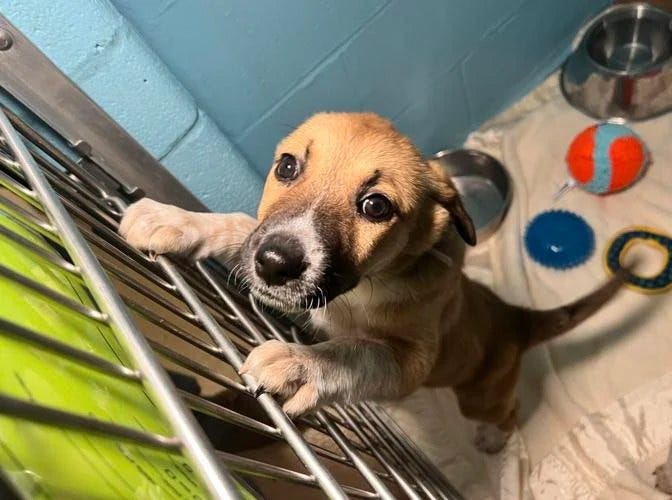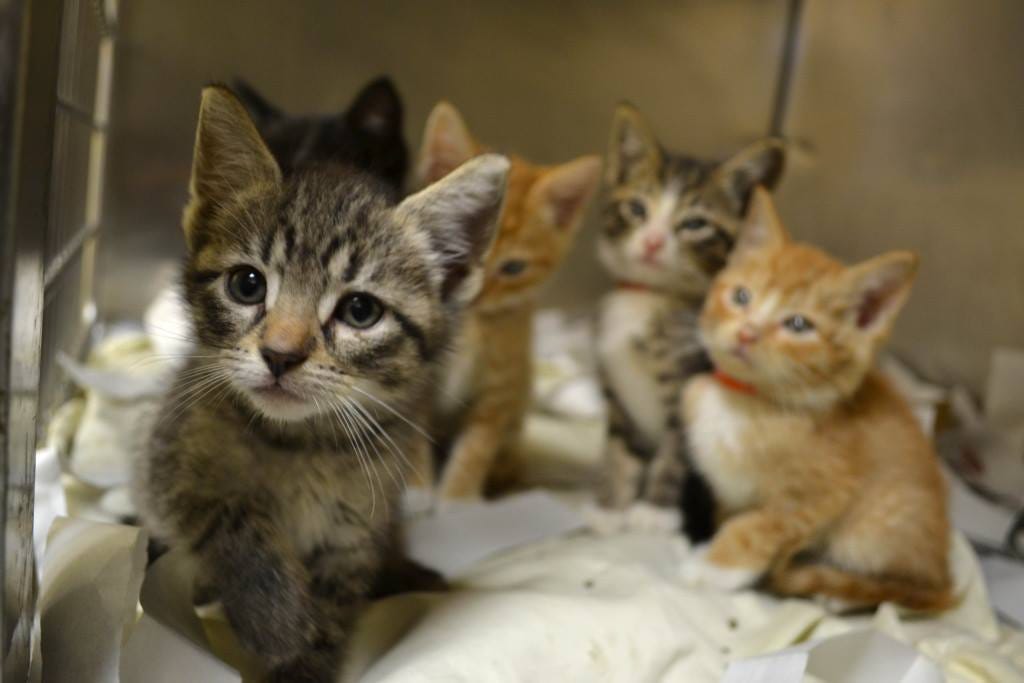We must stand our ground
The number of concerned residents contacting The No Kill Advocacy Center about the need to reform their local pound has slowly but steadily increased in recent years and has surged higher this year as more communities retrench after years of rising placement rates. Despite tremendous gains over the last 30 years in bringing transparency, accountability, and improvements to the pound industry — including a 95% decline in killing thanks to the No Kill Equation model of sheltering — the last few years have seen those gains increasingly eroded.
Death rates are climbing despite declining intakes as a result of groups that used to champion the No Kill Equation being co-opted and joining forces with the opposition to promote a darker agenda.
As a result, pound directors no longer feel pressure to reform and are being given carte blanche — indeed encouraged — to do less for animals, such as turning animals away and making pandemic-era policies permanent. Not only are some “shelters” refusing to open to the public fully, but many of them are also refusing to re-launch the No Kill Equation programs they scuttled during the pandemic: foster care, marketing and promotion, high-volume sterilization, offsite adoptions, and other robust adoption campaigns, including being open when people are off work and families are together, such as on weekends and evenings. These programs resulted in 95%-99% placement rates — despite higher intake rates and without turning animals away or putting public safety at risk.
Moreover, these groups have helped defeat legislation to force “shelters” to place more animals. This includes California’s AB 595, Bowie’s Law, which would have required “shelters” to notify rescuers 72 hours before killing an animal. Bowie, a shy 15-week-old puppy, was killed by the Los Angeles County pound despite a rescue group willing to save him.
AB 595 was such a simple, commonsense law it was astonishing that anyone opposed it. But it was opposed, and because of that opposition, it died in the California Assembly — and animals continue to die needlessly along with it.
The rising requests for assistance reforming local pounds are straining The No Kill Advocacy Center’s capacity. Tragically, this sometimes means we have to say “we can’t” instead of “yes” when reformers in those communities ask for our help holding local pounds accountable. But — when we can’t directly assist — we offer plenty of guidance and self-help resources, including:
The No Kill Advocate’s Toolkit, a set of 30 free step-by-step guides that cover political advocacy, litigation, legislation, media, and more.
A free AI tool offering best-in-class answers to questions about “shelter” policies and how to reform them.
The No Kill Companion, a reference manual for running a humane animal shelter. With short encyclopedia-like entries, topics include the definition of No Kill; costs and benefits of No Kill animal control; a 2024 snapshot of the No Kill movement; sample assessment tools and protocols for running a municipal No Kill shelter; animal protection legislation; a primer on various shelter issues, including temperament testing, community cats, dog behavior; and more.
Despite these resources, which are available to everyone, we would like to say “Yes!” to requests for assistance in reforming communities more often. Indeed, we want to say “Yes” to every request.
Would you help us?




